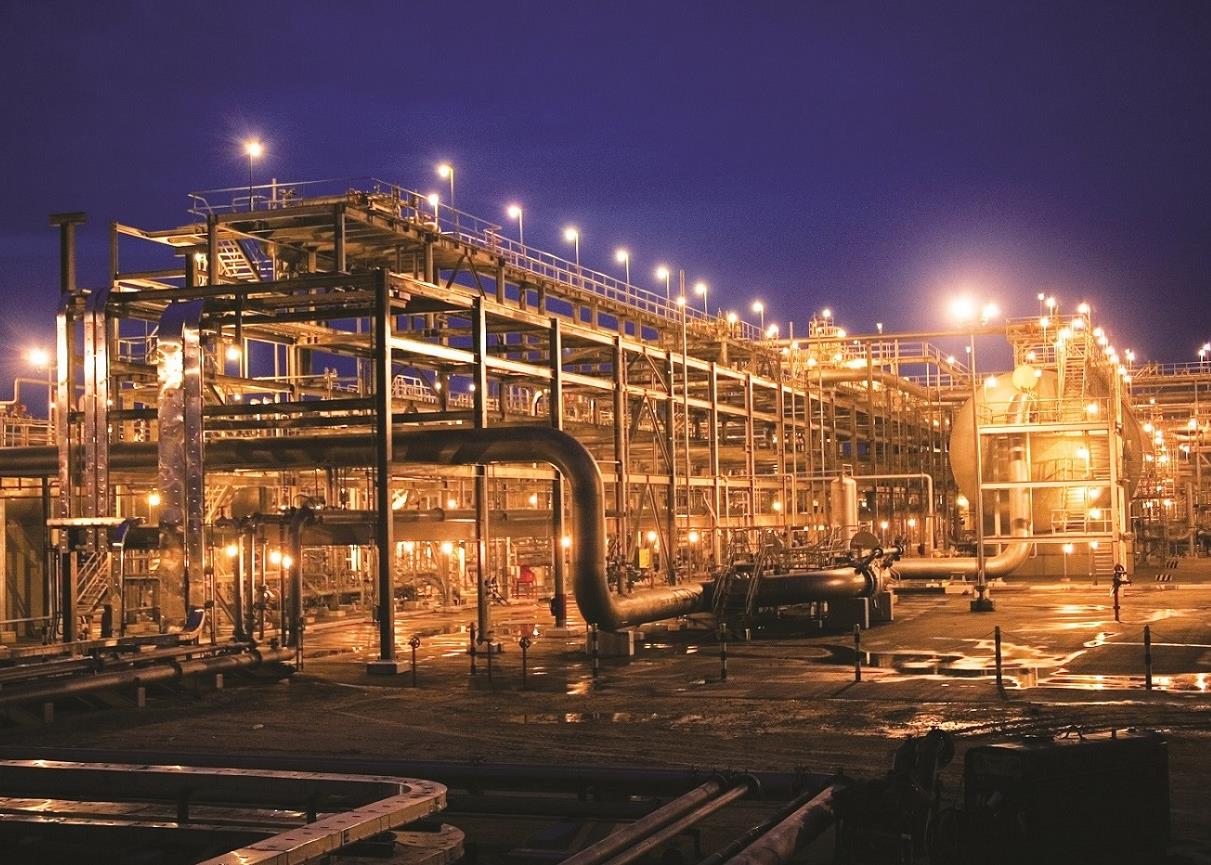
Positive but cautious feedback arises from IMFs most recent review of countrys economic programme
- Fuel subsidy and energy and water reforms helped decrease Jordans fiscal imbalances
- Public debt will stabilise this year and start declining in 2016
- Policies needed to address high unemployment and increase womens participation in labour force
Jordans commitment to stabilise its economy by undertaking economic policy reforms to contain inflation and narrow current account deficit did not go unnoticed in the final review of the kingdoms economic programme under the three-year old, $2bn stand-by arrangement (SBA) with the Washington-based IMF.
This resulted in a positive review that will likely lead to an agreement, subject to the IMFs Executive Board approval, which will unlock $400m in aid.
SBA is an emergency financing programme, which the IMF grants to member countries to help them address a crisis and restore growth. Approved in 2012, Jordans SBA package was designed to support its economic programme amid a very difficult regional environment directly resulting from the conflicts in Syria and Iraq.
Kristina Kostial, the IMFs mission chief to Jordan, said in her report that Jordans budgetary measures, including a bold fuel subsidy reform as well as energy and water reforms, contributed to a substantial decline in fiscal imbalances. This will ensure public debt will stabilise this year and start declining in 2016.
Monetary policy complemented these efforts, helping to restore confidence and rebuild international reserves to an adequate level, which in turn has helped the central bank to reduce interest rates to stimulate growth, said Kostial.
The narrowing of Jordans current account deficit reflects primarily a decline in oil imports. Lower oil prices likewise allowed National Electric Power Company (Nepco) to reduce its losses, and international reserves apparently continued to overperform.
The combined public deficit is projected at 3.5 per cent of GDP for 2015, the current account (including grants) at 7.6 per cent of GDP, and reserves at seven months of imports. Fiscal structural reform is moving forward, with the government improving its budget preparation and execution, said Kostial.
However, the overall positive review did not come without several caveats. According to the report, which will be discussed by the IMF Executive Board prior to approving the release of the fund: There is a need to accelerate structural reforms to strengthen growth and address chronically high unemployment and low labour force participation.
Kostials report suggested that policy changes must be adopted in order to help the young and unemployed acquire skills that match the private sectors needs, increase the participation of women in the labour force, re-examine public sector hiring and compensation, improve the business environment, and strengthen public institutions, including through better tax administration and public financial management.
You might also like...

Aramco allows more time for MGS package revised prices
18 April 2024

Morocco tenders high-speed rail project
18 April 2024

Egypt resumes power cuts
18 April 2024

Petrofac awards carbon capture sub-contract
18 April 2024
A MEED Subscription...
Subscribe or upgrade your current MEED.com package to support your strategic planning with the MENA region’s best source of business information. Proceed to our online shop below to find out more about the features in each package.




